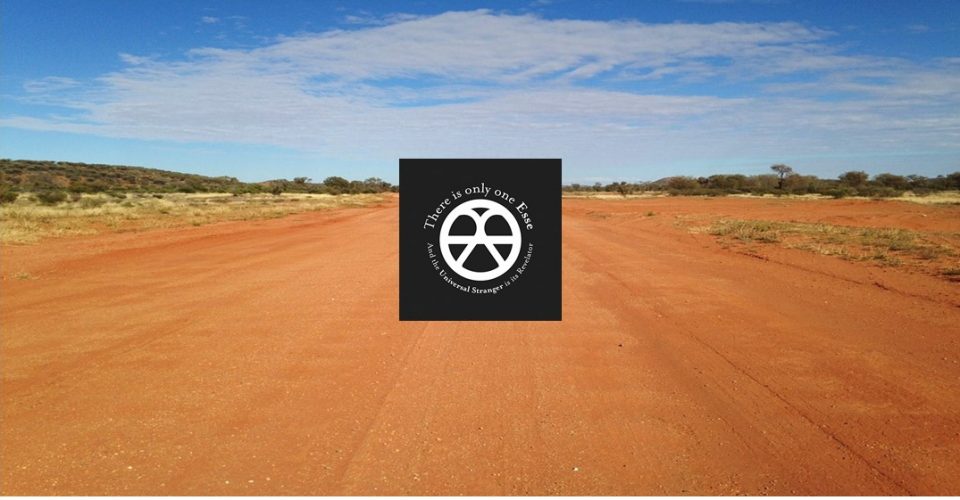I’m not a Jew, but I take antisemitism personally. I don’t see how anyone like me, born and raised in the West, can do otherwise (unless, of course, they’ve developed an ideological hatred of their own civilisation—not unusual, these days). The simple fact is, an attack on Jews is an attack on the West, and on those who subscribe to its values and enjoy its freedoms.
Note that I wrote “Jews,” not Israel or Zionism. Antisemitism represents an ancient hatred that predates the establishment of Zionism, the Holocaust and the foundation of Israel. Its animus, today, is not simply racist (Jews are ethnically diverse) or religious (at least, not in the post-Christian West).
It is, for want of a better word, cultural. And to understand antisemitism’s moral depravity and (from a Western perspective) its intellectual absurdity, you need only look at it in a cultural context, and measure it against the contribution that Jews have made to Western civilisation.
Recently I suggested to a Jewish friend that Western civilisation rests on three pillars—Greek spirit, Roman character and Jewish suffering (he quickly corrected me: “Not suffering,” he said. “Hope.”) But I’m writing a personal testimony, not a cultural treatise. I take antisemitism to heart because I, and millions of non-Jews like me, have been shaped by Jewish history and heritage.
To explain this, I need to give you some backstory.
I was born in (old) South Wales in the 1950s, when the region was firmly locked into post-war economic decline. My father was of Irish descent and my mother of mixed English and Welsh ancestry. We didn’t know much about our family history prior to the 1890s but understood it to be similar to that of most families who lived next to us on what was left of the South Wales coalfields.
Many family trees had grown from nineteenth-century Irish migrants who, fleeing hunger and persecution, had arrived in Wales as the industrial revolution was hitting its stride and the coal mines were booming. English and Welsh migrants, in many cases, were descended from agricultural labourers who, generations earlier, had been driven from their lands by the enclosure movement.
These waves of rootless people poured into a small corner of Wales which was itself being uprooted—literally, as woodland was felled to provide timber for mine construction. Their arrival came on the heels of broad social, economic and cultural changes across Britain, including the rise of nonconformism, a brand of Christianity tailored to the new industrial working class.
Nonconformism differed from the Church of England and Roman Catholicism by emphasising scripture over ritual, and a personal, rather than collective, relationship with God. The impact on the huddled, oppressed masses of the mining valleys was deep and liberating. Among other things, it gave them a single, powerful metaphor to help them make sense of their experience.
This was the journey of the Hebrews (the Jews’ ancestors) from slavery in Egypt to the promised land—an epic undertaking which, as told in the Jewish Torah and the Old Testament of the Christian Bible, took 40 years through wilderness. For the migrants to Wales making uncertain headway against economic exploitation and environmental devastation, the story resonated.
They named many of their chapels after places or incidents which had featured in the Hebrews’ wanderings, such as Horeb (aka Sinai), Elim, Tabernacle and Canaan. The mysterious bread that appeared in the wilderness, saving the Hebrews from starvation, inspired the most famous of Welsh hymns, written by William Williams Pantycelyn (translated into English by Peter Williams):
Guide me, O thou great Redeemer,
Pilgrim through this barren land;
I am weak, but thou art mighty;
Hold me with thy powerful hand:
Bread of heaven, bread of heaven
Feed me till I want no more.
After these words were set to the tune Cwm Rhondda, composed by John Hughes in 1907, the hymn became a rousing anthem of Welsh working-class life, sung in chapels, pubs and at rugby internationals. To this day, it fuses the experiences of two peoples separated by more than 3,000 years of history into a unified, profound and transformative understanding of the human condition.
I was brought up as a Methodist (the largest nonconformist denomination in Wales) and absorbed these influences. They sustained me when I made my own economic migration (from Wales to England, then Australia) and sustain me now, through the broader vicissitudes of life—the “barren land” of worldly existence. And not just me, of course.
The alienation and doubt that the Hebrews experienced in the wilderness, and the hope that sustained them, has affected and inspired countless others, including the early American settlers who fled religious persecution in Europe, African Americans in their struggle for civil rights in the US, and Rastafarians in their quest for their own promised land.
Jewish history and heritage are part of the West’s cultural DNA. Antisemitism is more than an attack on a particular people. It’s an attack on all of us.
